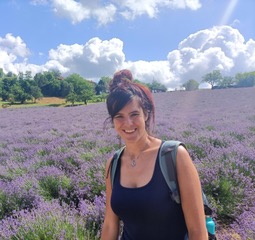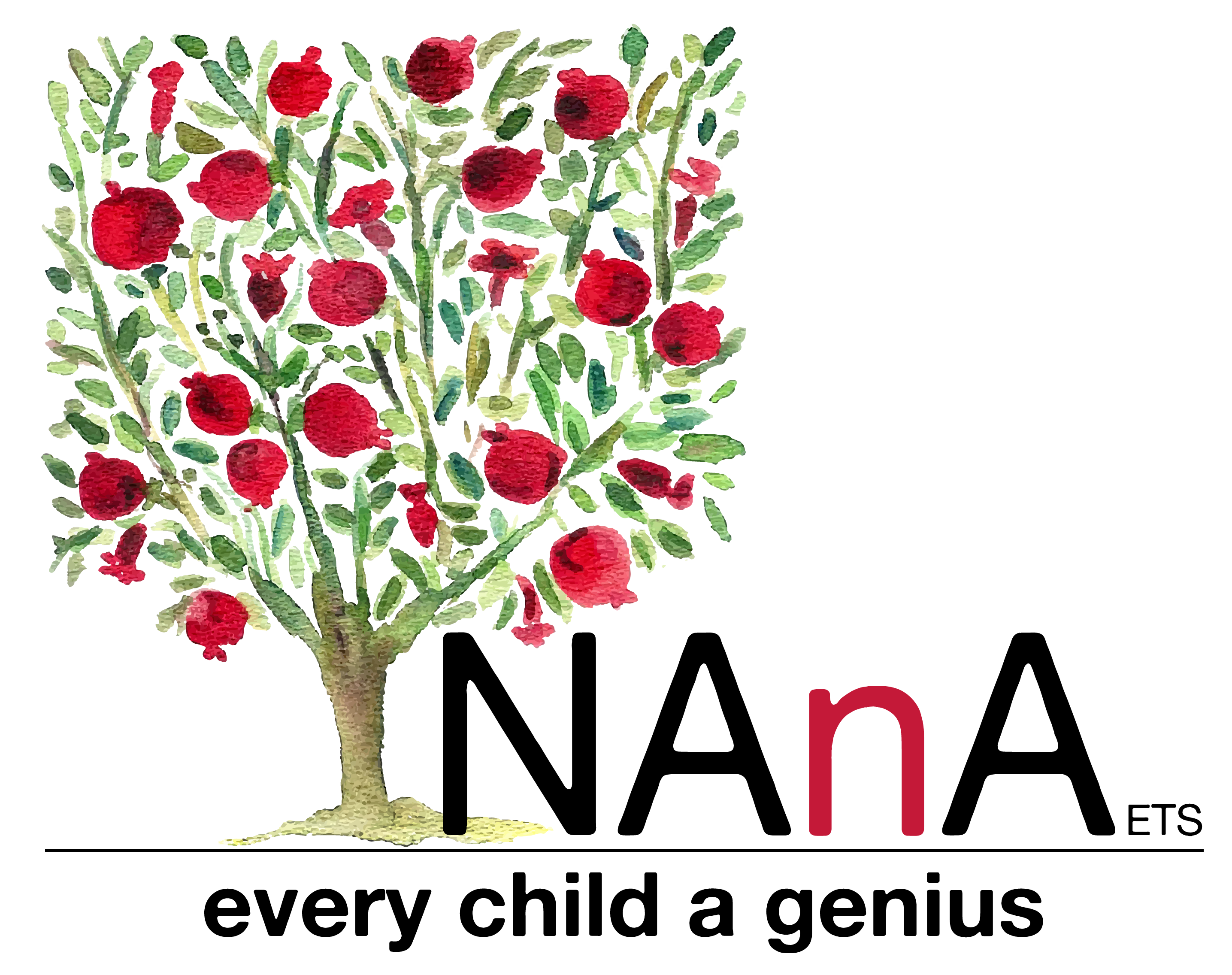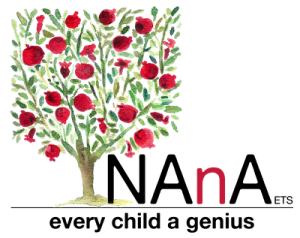Interview
This recognition has arrived at the perfect time. I am currently applying for several fellowships, including the Marie Curie Fellowship, to undertake my second postdoc at the CRG in Barcelona. Being able to highlight this award on my CV, particularly for the same project that the fellowship focuses on, will undoubtedly be immensely beneficial.
To date my two major achievements have been the PhD Fellowship in Complex Systems for Life Science that allowed me to change my country and start a career in cancer research. My second achievement was the 3-year Postdoc AIRC fellowship for studying how m6A mediates drug resistance of human Hepatocellular Carcinoma that allowed me to consolidate my first postdoc in IIT.
My project integrates in vitro experiments using breast cancer cell lines, where I apply both genetic and pharmacological treatments combining m6A and splicing inhibitors. I use cutting edge techniques like Nanopore Sequencing together with mathematical modelling frameworks developed by the bioinformaticians in the lab to deeply understand the molecular consequences of combined therapies.
My ongoing project focuses on the role of RNA modifications in breast cancer spliceosomal vulnerability. I am trying to deeply investigate the protective role that RNA modifications like m6A play towards the innate immune response pathway. My goal is to unravel potential combined therapies with RNA modification inhibitors and splicing inhibitors to efficiently target Myc driven cancers.
I am currently a Postdoc in Center of Genomic Science in IIT Milan, at Professor Mattia Pelizolas group. Our group employs an interdisciplinary approach combining experimental and computational methods and I mainly work as an experimental scientist. We are focused on RNA biology so my everyday activity requires cell culture of different cancer cell lines and applying techniques like the profiling of nascent and modified RNA and single-molecule Nanopore sequencing.
Biosketch
Lucia Coscujuela MD, PhD

I am currently a Post-Doctoral Fellow at the Center of Genomic Science in IIT. I moved from Spain to Italy almost 10 years ago to pursue my dream of working in cancer research. In particular, I have always been interested in RNA biology. During my PhD in Complex Systems for Life Science in the lab of Professor Michele De Bortoli at the Clinical and Biological Sciences Department in Turin I studied how CircRNAs are expressed in luminal breast cancer. The multidisciplinary background obtained from my PhD gave me the opportunity to address biological problems by using combined computational and experimental approaches and this is the main reason why I joined Professor Mattia Pelizzola´s lab in Milan for my first Postdoc. I am currently focusing my research on RNA modifications and dynamics in cancer. I recently obtained a 3-year AIRC fellowship for studying how m6A mediates drug resistance of human Hepatocellular Carcinoma. The epitranscriptome is emerging as a novel druggable target in cancer. To deeply investigate its potential, I am currently working on how RNA modifications could have a role in splicing vulnerability in breast cancer, trying to find potential m6A and splicing drugs that could be used in combination as a new approach to target Myc driven cancers. During these years, I acquired expertise in the transcriptomics and epitranscriptomics field and I learned how to establish scientific collaborations and how to coordinate under-graduate and PhD students.
Among the major publications:
1. Coscujuela Tarrero, L, Ferrero, G, Miano, V. Luminal breast cancer specific circular RNAs uncovered by a novel tool for data analysis. Oncotarget 2018; 9: 14580–14596.
2. Miglio U, Berrino E, Panero M, Ferrero G, Coscujuela Tarrero, L, Miano V et al. The expression of LINE1-MET chimeric transcript identifies a subgroup of aggressive breast cancers. Int J Cancer. 2018 Aug 25. doi: 10.1002/ijc.31831.
3. Maestri S*, Furlan M*, Mulroney L*, Coscujuela Tarrero, L et al Benchmarking of computational methods for m6A pro ling with Nanopore direct RNA sequencing. Brief Bioinform. 2024 Jan 22;25(2). doi: 10.1093/bib/bbae001. PubMed PMID: 38279646.

